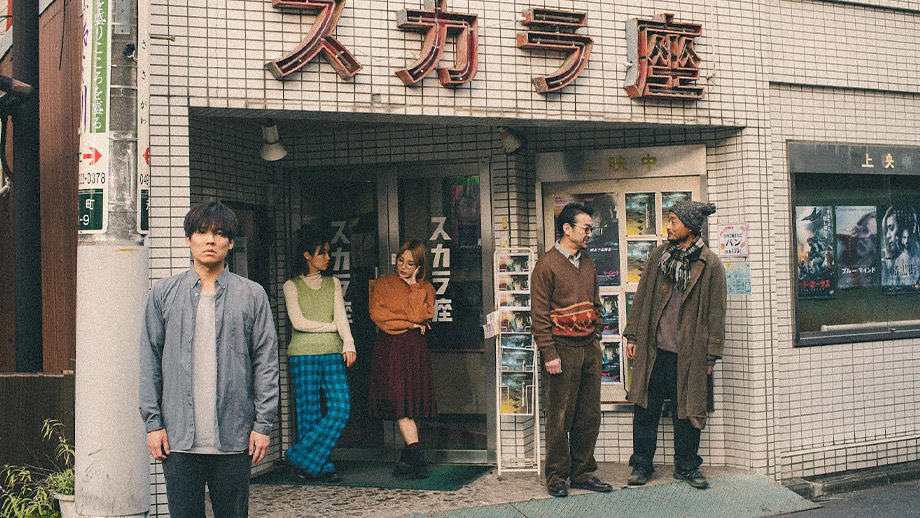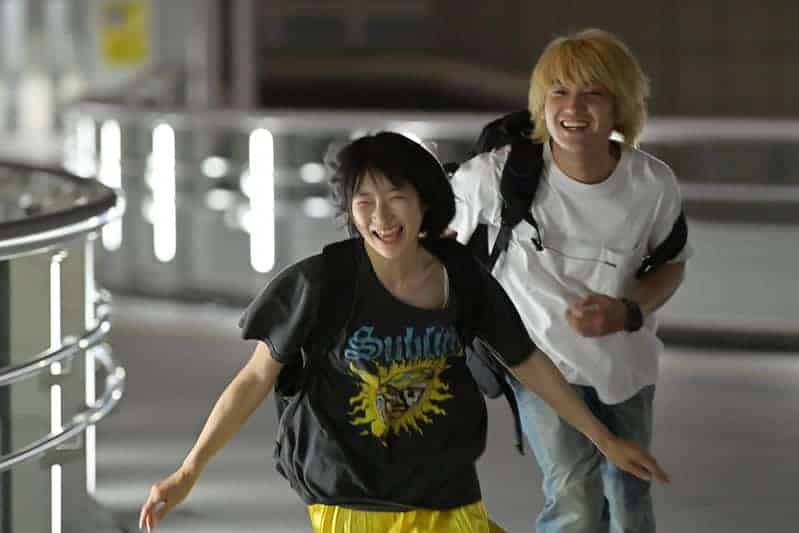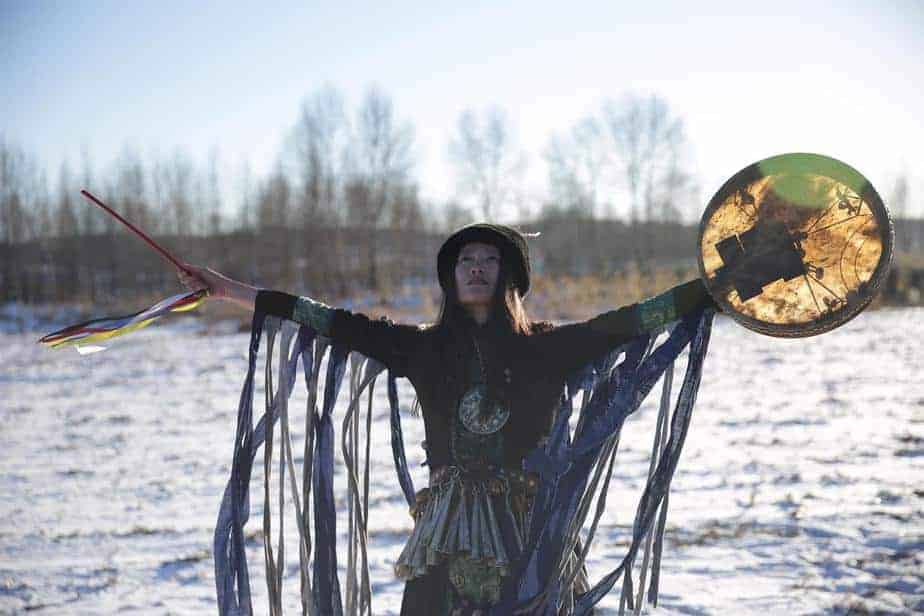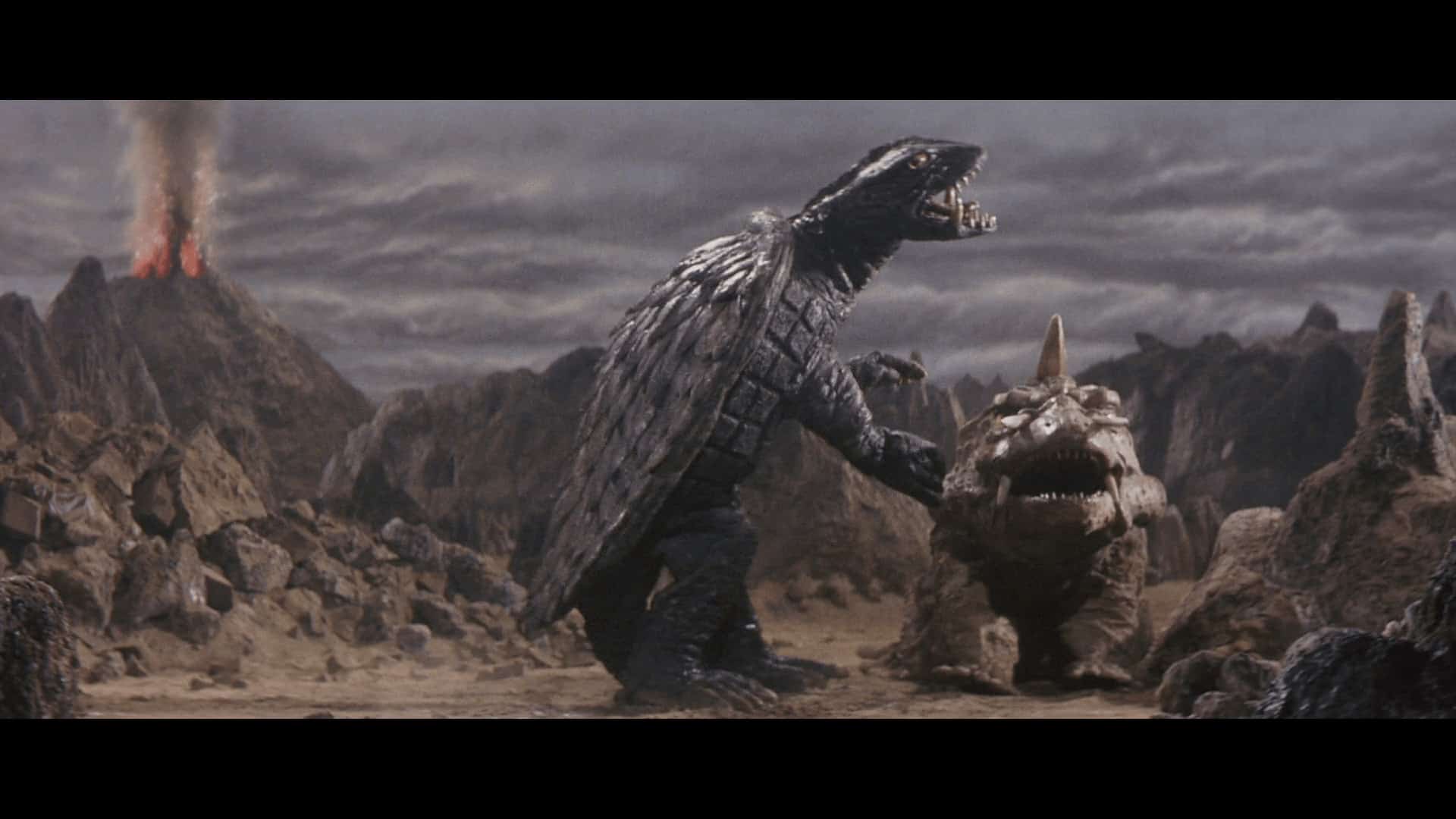Hideo Jojo's career began directing pink films before gradually expanding beyond erotic productions. Projects like “On the Edge of Their Seats” would demonstrate his range as a filmmaker whose work can reach a wider audience. However, a recent feature of his, “Twilight Cinema Blues,” is a mixed bag. It's a well-intended, feel-good drama with a promising set-up that occasionally delivers, yet it comes out being, at best, passable.
Twilight Cinema Blues is screening at Japan Foundation Touring Film Programme
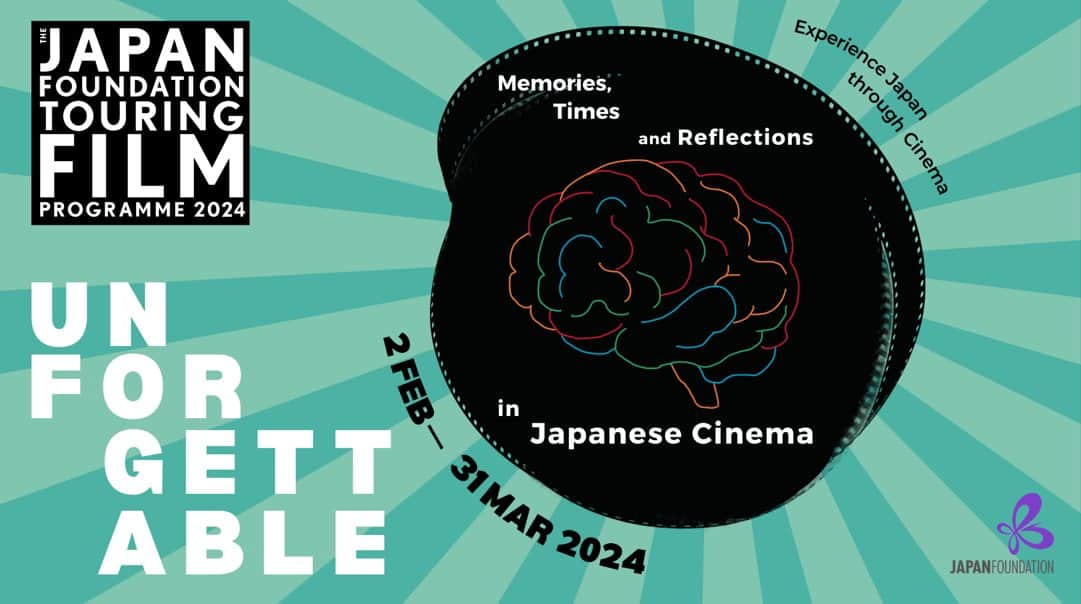
Kondo returns to his hometown and is down on his luck, currently homeless and in debt. Yet, he forms a friendship with similarly struggling locals, including a homeless man and a group of people desperately trying to keep a movie theater in business. Things pick up when the lead takes a part-time job in the theater and is allowed to live there. Despite their differences, they warm up to each other, all while sharing their love for movies. Through all this, it is revealed Kondo is a filmmaker with a cult following and, for personal reasons, cannot finish his latest project.
Storywise, the premise for “Twilight Cinema Blues,” while familiar, is a good set-up. Having people settle their struggles while embracing their love of film is a fun premise, and occasionally, it's fairly charming. An endearing warmth emanates from seeing movie lovers trying to get their lives together. If only the entire presentation hadn't been so safe and by the numbers. While there are highlights, the overall package feels bare and underdeveloped. Conflicts Kondo and the supporting players have to settle often feel mechanical, as do the character interactions generally. Then there's the lack of subtlety in the dramatic side of the feature, with drama that feels overly forced. The intentions behind Shinji Imaoka's script are admirable, but the execution doesn't land so steadily.
By all accounts, the acting is good. Talents like Keisuke Koide, Mitsuru Fukikoshi, and Shohei Uno do get their moments to shine. If only their characters were more interesting to follow and their dilemmas more tightly established. They feel like caricatures with predictable arcs that aren't entirely immersive, making the intended drama flat. The cast merely fills in their roles and does well enough acting-wise, yet their general chemistry could have been stronger. Kondo is conceptually a relatable main character, and Koide does what he can with the material, but there's little to latch on to beyond just that.
The main highlight of the film is the set design and camerawork. The theater where most of the film is set is a fun location, visually emphasizing the characters' admiration for movies and their current hardships. Masaki Watanabe's subdued cinematography gets the job done. Integrated occasionally in the picture is jazz music, which is nice on the ears, if a bit random when it's utilized.
Hideo Jojo's ideas with “Twilight Cinema Blues” are well intended, and it occasionally shines with its endearing premise of people overcoming struggles while having a shared love for movies. Yet, the overall picture could have been more fulfilling if it had stronger writing and direction. As is, it's an okay film that has its moments but noticeable shortcomings.


